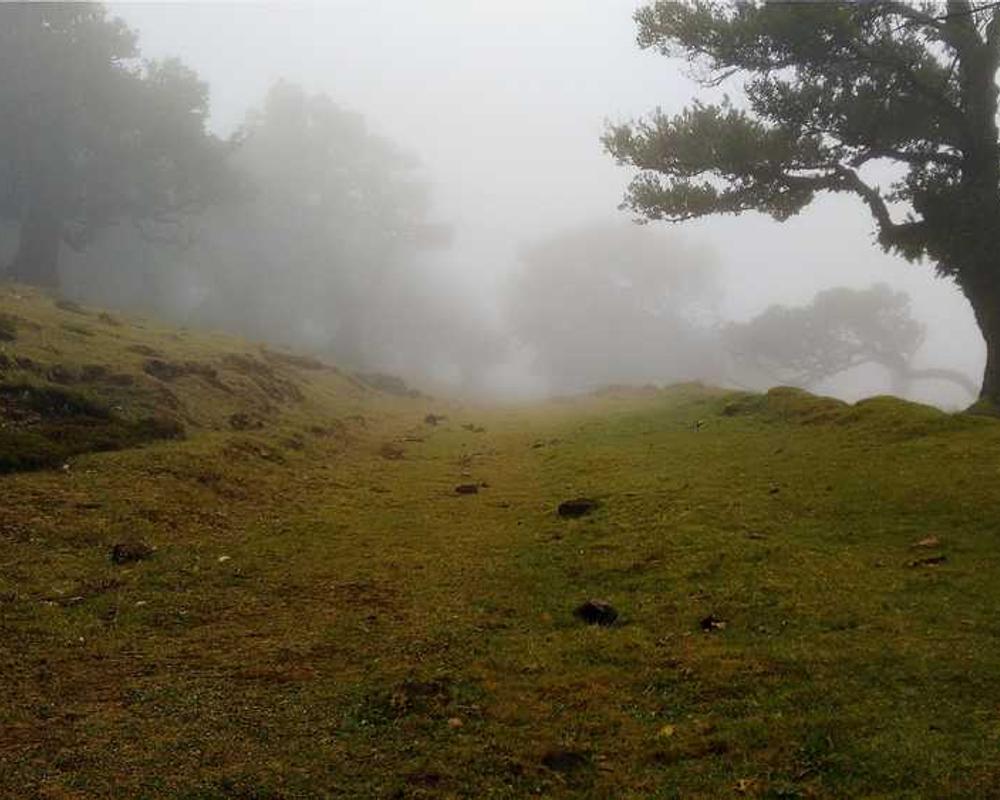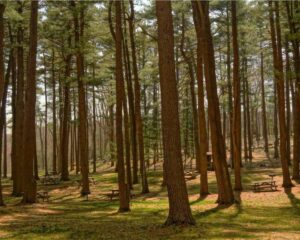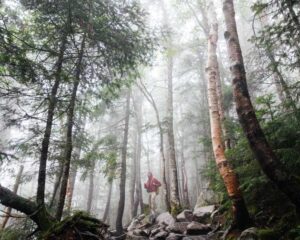The Last Harvest of Autumn
The Last Harvest of Autumn
The air was thick with the scent of decay, a pungent reminder of the world that had been. The once-bustling town of Eldridge lay in ruins, swallowed by nature’s relentless grip. Vines crept through shattered windows, and trees sprouted from the cracked asphalt, reclaiming what humanity had abandoned. In this overgrown graveyard of civilization, a lone figure moved with purpose, her eyes scanning the ground for any sign of sustenance.
Mara was a scavenger, a title she wore like a badge of honor. At thirty-two, she had learned to navigate the treacherous remnants of the old world with a resourcefulness born from desperation. The autumn sun hung low in the sky, casting long shadows that danced between the ruins. She had only a few days left before the first frost would blanket the land, and with it, the last chance to gather food before winter’s grip tightened.
As she rummaged through the remains of a dilapidated supermarket, Mara’s heart raced. The shelves were mostly bare, but she had learned to look beyond the obvious. A can of beans, dented but intact, caught her eye. She snatched it up, cradling it like a precious gem. It would be enough for a meal, perhaps two if she stretched it. But as she turned to leave, a noise made her freeze—a rustling sound, too close for comfort.
Mara’s instincts kicked in. She crouched low, pressing herself against the cold, damp floor. The sound grew louder, accompanied by a low growl. Her breath quickened as she peered around the corner of a shelf. A pair of eyes glinted in the dim light, and she recognized the threat immediately—a mutated dog, its fur matted and patches of skin exposed, a remnant of the old world’s cruelty. It was hungry, and she was its target.
The creature lunged, and Mara barely had time to react. She scrambled to her feet, clutching the can of beans tightly. The dog was fast, but she was faster. She dashed toward the exit, adrenaline surging through her veins. The growl turned into a snarl as it chased her, but she had learned to navigate the maze of the supermarket. She ducked and weaved through the debris, her heart pounding in her chest.
Just as she reached the door, she felt a sharp pain in her leg. The dog had bitten her, its teeth sinking into her flesh. Mara stumbled but didn’t stop. She burst through the door and into the fading light of the day, the cool air hitting her like a slap. She could feel the blood seeping through her pants, but she didn’t have time to assess the injury. She had to find shelter.
Mara made her way to an abandoned farmhouse on the outskirts of town, a place she had visited before. The door creaked as she pushed it open, and she quickly barricaded it with a broken table. Inside, the air was stale, filled with the scent of mold and dust. She moved to the kitchen, where she found a small first aid kit. It was nearly empty, but there were a few antiseptic wipes and a roll of gauze. She cleaned the wound as best as she could, her hands shaking from pain and fear.
As night fell, the world outside grew eerily quiet. Mara sat on the floor, the can of beans in her lap, her mind racing. She thought of the others—those who had banded together in the past, sharing resources and stories around a flickering fire. But trust was a luxury she could no longer afford. The last group she had joined had turned on each other, driven by desperation and paranoia. She had escaped, but at what cost?
The sound of scratching at the door pulled her from her thoughts. Her heart raced as she listened, the noise growing louder. It wasn’t just the dog; there were others out there. She could hear the low murmurs of voices, the unmistakable sound of a group of survivors. They were searching for food, for anything to sustain them through the long winter ahead.
Mara’s mind raced. She could open the door, offer them the can of beans, and risk being overrun. Or she could stay hidden, protect what little she had, and face the night alone. The choice felt like a weight on her chest, suffocating her.
As the voices grew closer, she made her decision. She would not let fear dictate her actions. She grabbed the can of beans and moved to the door, her heart pounding in her ears. With a deep breath, she opened it just enough to peek through the crack.
“Please, we’re hungry,” a voice called out, a man with hollow cheeks and desperate eyes. Behind him stood a woman cradling a child, their clothes tattered and dirty. Mara’s heart twisted at the sight.
“I have food,” she said, her voice barely above a whisper. “But you have to promise not to hurt me.”
The man nodded, his expression softening. “We just want to survive. We can help each other.”
Mara hesitated, the weight of her decision heavy in the air. But as she looked into the eyes of the child, she felt a flicker of hope. Perhaps this was the beginning of something new, a chance to rebuild what had been lost.
She opened the door wider, allowing them entry. The warmth of their presence filled the cold, empty space of the farmhouse. As they gathered around her, sharing stories of survival, Mara realized that in this world of decay and despair, there was still room for compassion, for connection.
Together, they would face the harsh winter ahead, united by the fragile thread of hope that had begun to weave itself through their lives.
















Post Comment